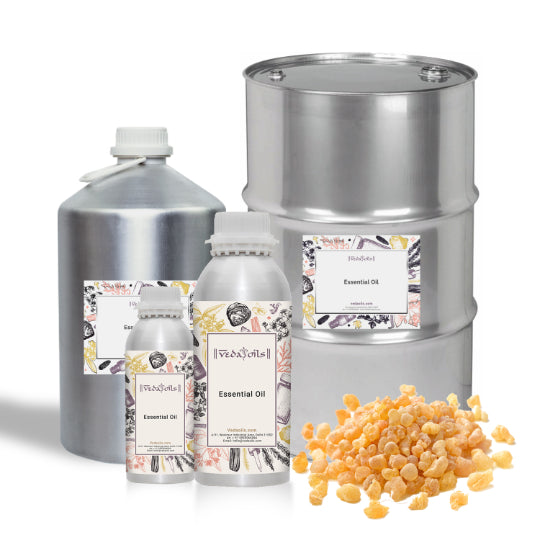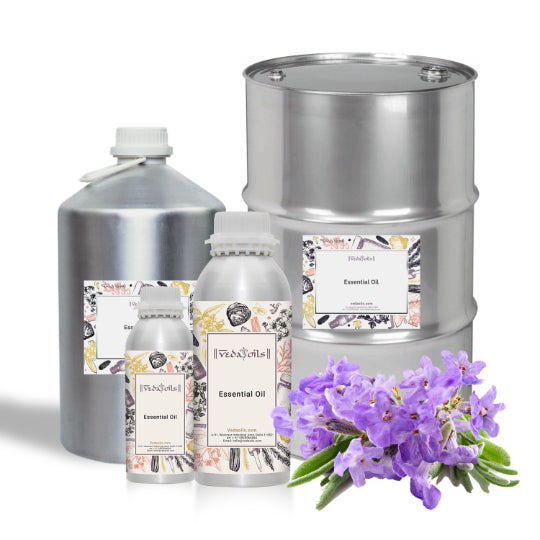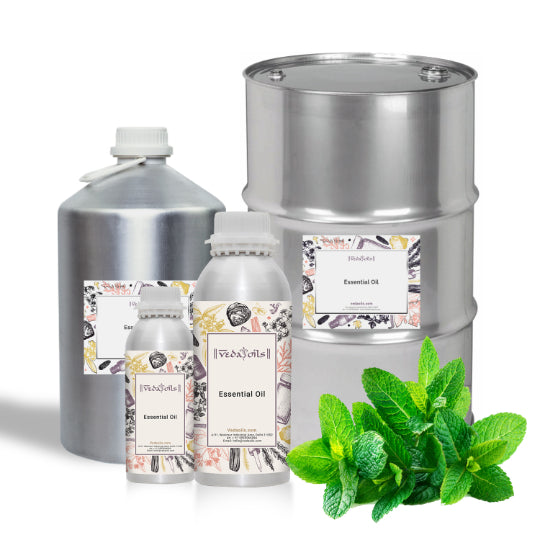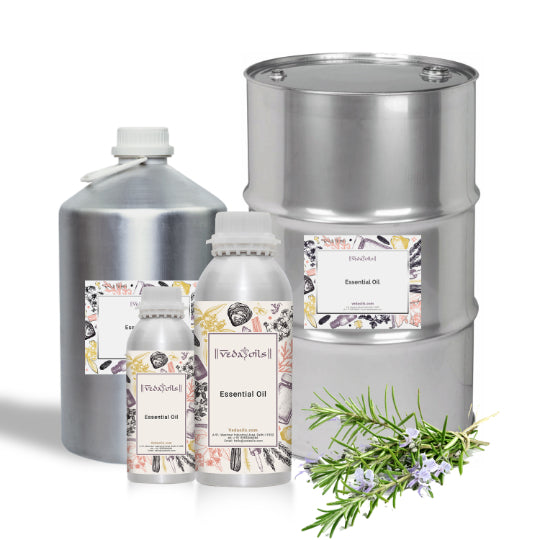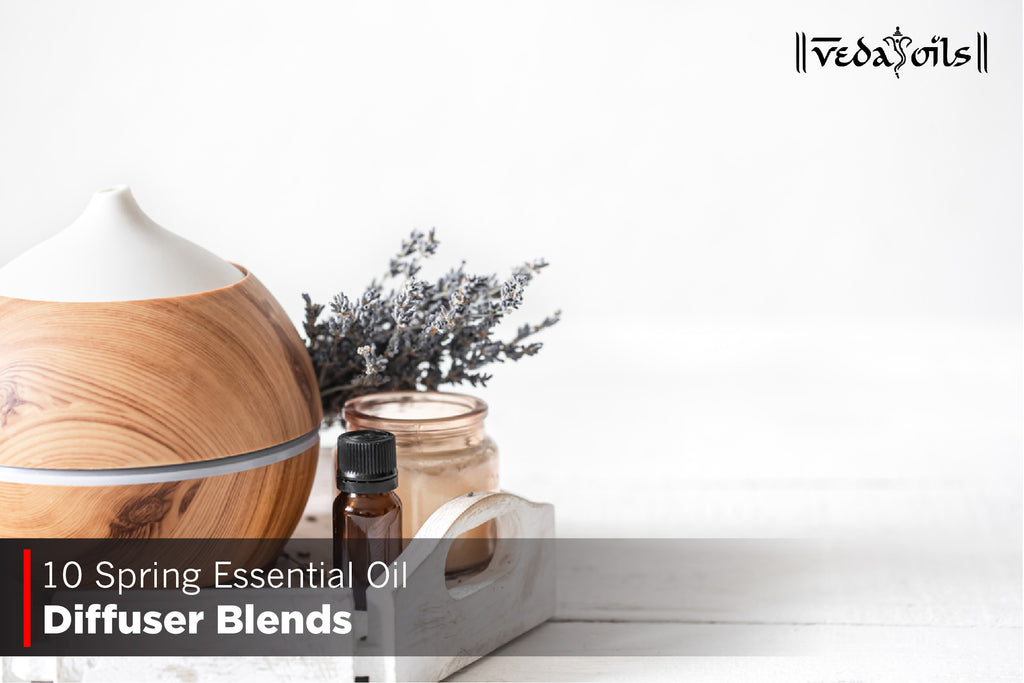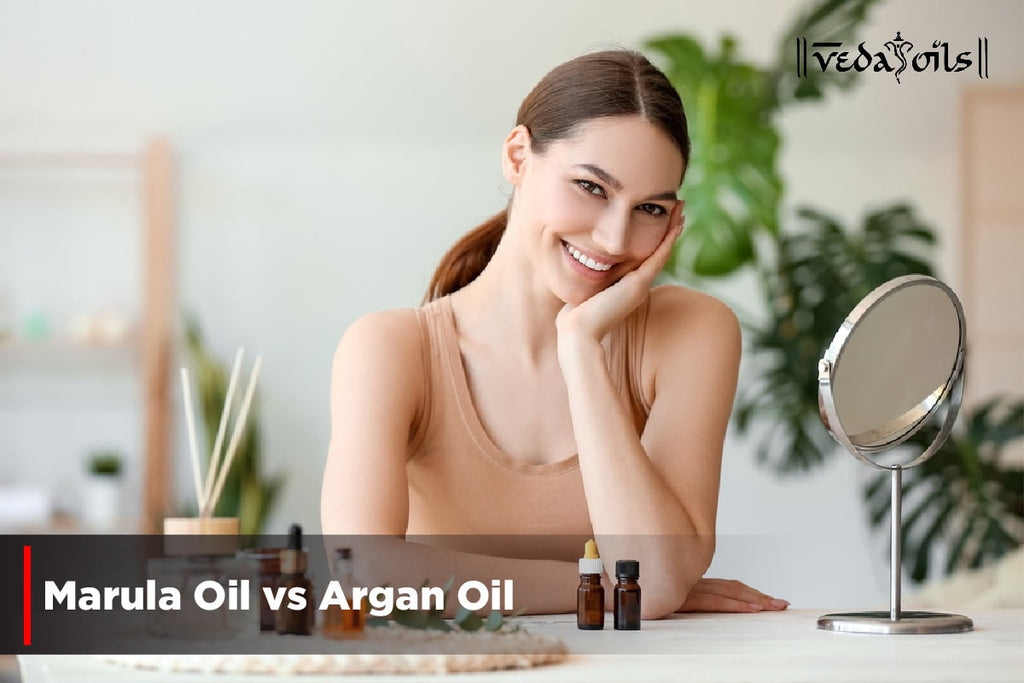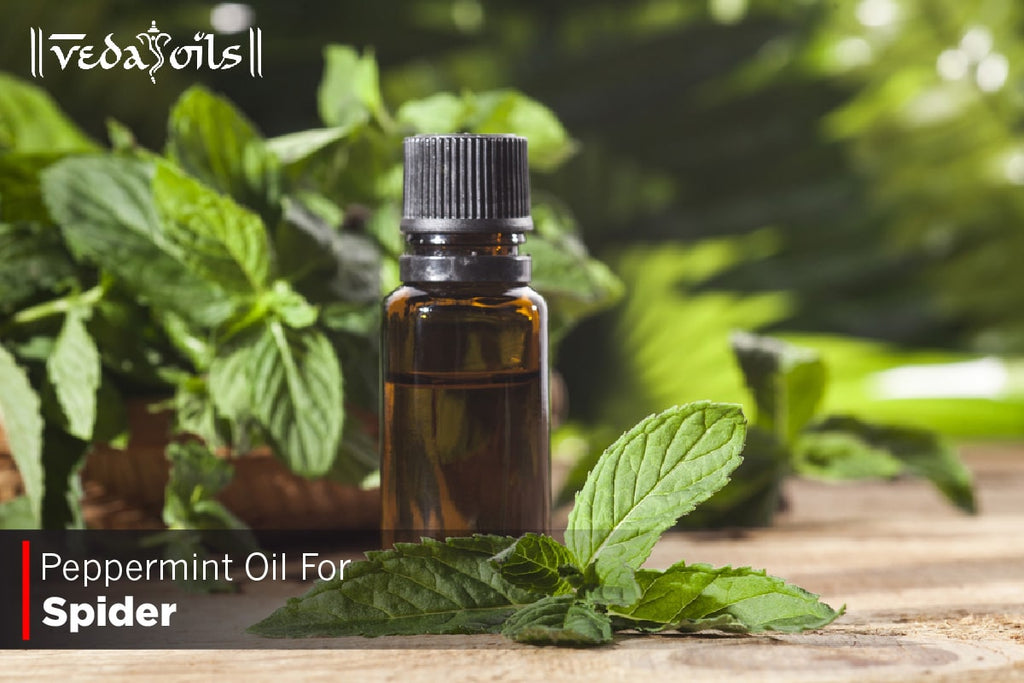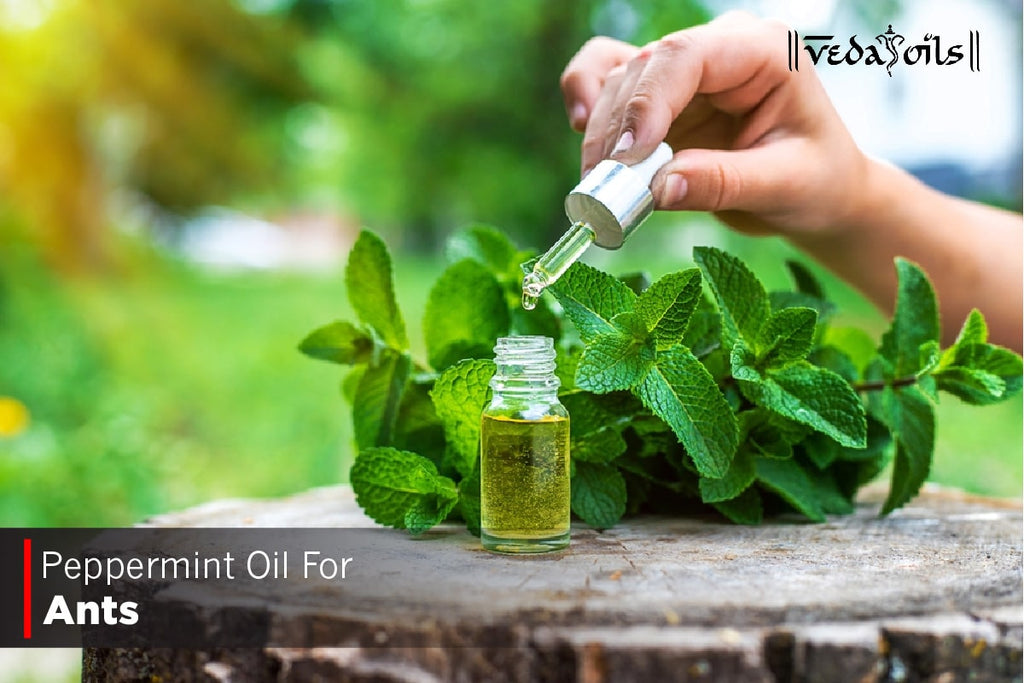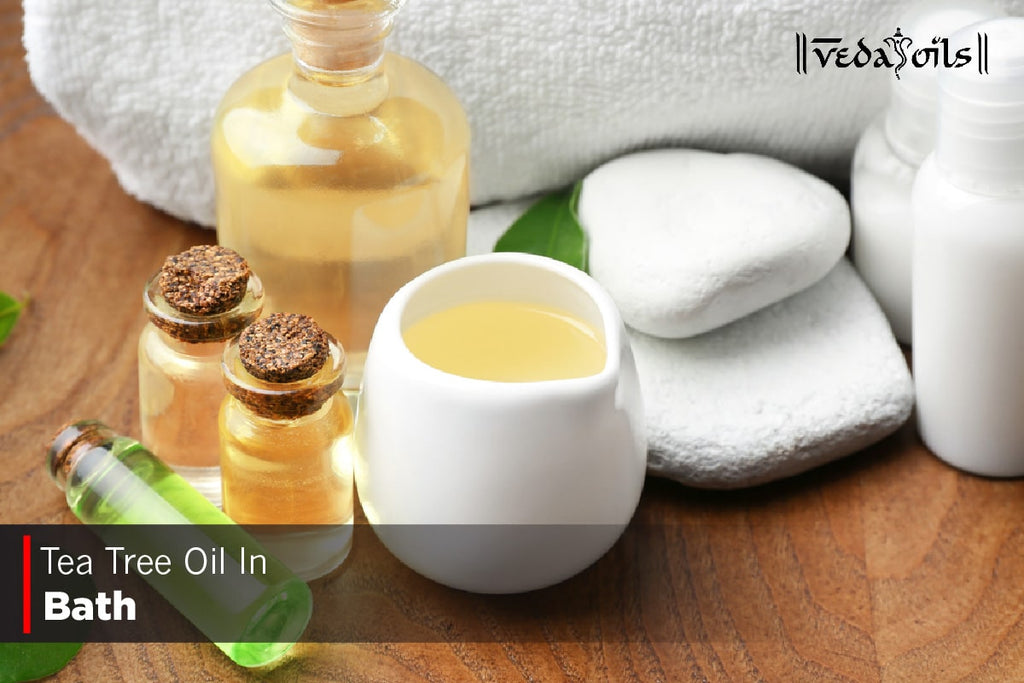The distinctive aroma of frankincense essential oil may be characterized as a mingling of warm, woodsy, and balsamic undertones. We have many wonderful options to feel better and enhance our wellbeing thanks to frankincense essential oil.

One benefit that many users of essential oils need to be more acquainted with is how they can make our hair feel and look shinier and more healthy, in addition to improving our mood and helping us look after the appearance of our skin. But first, let's study a little bit more about it to grasp better why it's so wonderful for our hair.
Frankincense Essential Oil Benefits For Hair
Get Rapunzel-worthy lengths the natural way with this expert-backed essential oil rather than depending on pricey treatments that promise growth with a long list of unreliable (and occasionally dubious) components. Looking for goodness on all hair fronts? It is abundant in frankincense essential oil!
1. Healthy Hair
Here we go, strong roots! This essential oil for healthy hair boosts hair follicles to promote strong hair growth. It may also give limp, lifeless hair a boost of natural gloss and bounce. The scalp's health will improve when the oil is used with a mixture of myrrh oil and carrier oils.
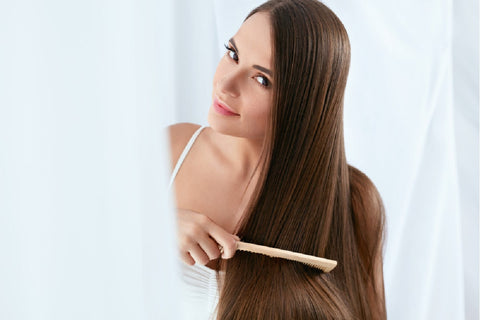
2. Decreases Hair Hall
You'll have less hair loss since frankincense oil acts to strengthen your roots. Frankincense oil has astringent qualities that prevent pores from expanding and guarantee securely bound hair.
You won't have to worry about hair breakage because frankincense oil supplies hydration to your follicles and gorgeous locks. The astringent quality benefits the health of the scalp and hair.
3. Helps With Dandruff
We know how much you hate being called Snow White! Dandruff can be removed using the antibacterial qualities of frankincense essential oil.
It will keep your scalp clean, so there are no flakes in your hair. Dandruff is quite a difficult and embarrassing condition to deal with. By removing the white particles, frankincense oil can be very beneficial to the scalp and hair.
4. Soothes Irritation
For irritated and itchy scalps, this natural anti-inflammatory works wonders. Eczema and scalp psoriasis are two disorders of the scalp that the oil can help soothe and lessen the severity of.

Applying the oil can help regulate the early stages of scalp disorders, according to several research on the advantages of frankincense for healthy scalps. Both the scalp and the hair tip can be treated with frankincense.
5. Provides Hydration
Applying the oil while mixing it with coconut or almond carrier oil keeps the hair moisturised for a long time. By massaging this oil through the hair, you can ensure that your dry hair is nourished and is kept from breaking.
Frankincense Essential Oil Uses For Hair
The historical uses of Frankincense Essential Oil have greatly affected how we utilise it now. Like the ancients, we turn to frankincense to enhance our wellbeing, feel better, and have healthier scalps and hair. Below, we will share with you three ways to effectively use frankincense oil for hair.
How To Use Frankincense Oil For Hair Growth?
Taking care of our scalp is the first step to having beautiful, healthy hair. Therefore, massaging your scalp with plant oils like Frankincense and Jojoba may feed and balance the skin on your head, resulting in hair that looks and feels shinier and more nourished.
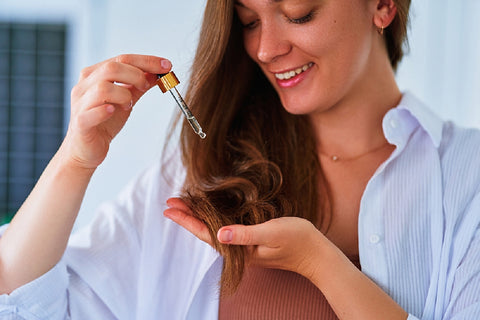
Ingredients:
- Golden Jojoba Oil - 1 Tbsp
- Frankincense Essential Oil - 4 Drops
Directions:
Step 1: Mix both oils in a mixing dish. Part your hair into sections, then use your fingertips to gently massage the combined Jojoba and Frankincense Oil into the exposed parts of your scalp.
Step 2: Repeat this process until the oil feels absorbed. For each portion that is divided, repeat this step.
Step 3: Applying the additional oil to the remainder of your hair after covering your entire scalp will allow you to focus on the ends of your hair, which are more likely to feel dry and damaged.
Step 4: After that, you may place a towel over your head and sit for 30 minutes to allow the oil to absorb. To eliminate any extra oil, gently wash your hair using a sulphate-free shampoo.
How To Use Frankincense Oil For Hair Loss?
Shampooing your hair helps get rid of the debris, filth, and accumulation of natural oils that may otherwise make your hair seem lifeless and drab.

Using a frankincense infused shampoo is ideal for hair loss. Instead, consider reducing your daily shampooing to once or twice a week with a frankincense infused shampoo.
Ingredients:
- Shampoo - 1 Cup
- Frankincense Essential Oil - 3 Drops
Directions:
Step 1: Take some shampoo to the palm of your hand and add three drops of Frankincense essential oil.
Step 2: Apply it to your damp head after gently blending it with your hands. Follow your regular shampooing routine.
How To Use Frankincense Essential Oil For Hair?
The trick is to avoid shampooing too frequently because many of the natural oils that our scalp generates are good for the texture and appearance of our hair.

Castor oil and frankincense encourage hair growth and stop hair loss. In addition to providing more oomph, frankincense essential oil will improve the castor oil's smell, as some people find it difficult to tolerate.
Ingredients:
- Castor Oil - 1 Tbsp
- Frankincense Essential Oil - 3 Drops
Directions:
Step 1: A gauze or a soft cloth should be soaked in organic castor oil in a glass bowl.
Step 2: Add two or three drops of frankincense essential oil to your castor oil.
Step 3: Using the cotton swab, apply this mix throughout your scalp and coat the strands as much as possible.
Step 4: Use a towel or plastic sheet to cover your head.
Step 5: Leave the castor oil pack for 40–60 minutes for optimum effects. Wash off with a sulfate-free shampoo.
Frequently Asked Questions
In the following section, we will try to answer some of the frequently asked questions about frankincense oil for hair.
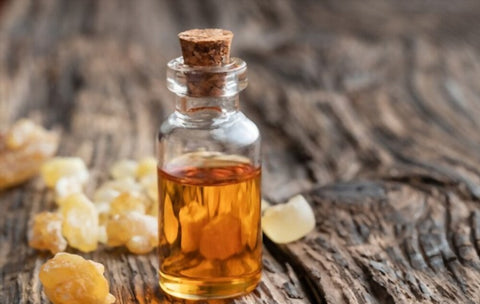
Now that you know how you can use this beautiful oil for your hair and also how it can benefit your hair, we are sure you must have some questions that need to be answered.
Q: Can I Use Frankincense Oil In My Hair?
Ans: Yes. Frankincense essentials can be used in your hair care regime with great effects.
Q: Is Frankincense Oil Good For Your Hair?
Ans: In addition to skincare treatments, frankincense oil is often used in hair care products. The oil not only prevents dandruff but also keeps hair nourished and lustrous.
Q: What Does Frankincense Oil Do For Hair?
Ans: The oil not only prevents dandruff but also keeps hair nourished and lustrous. Additionally, it can calm hair follicles, which promotes hair growth at the root.
Q: Can I Add Frankincense To My Shampoo?
Ans: Yes. Add 3-4 drops of frankincense oil to your usual shampoo.
Q: How Do I Use Frankincense Oil On My Scalp?
Ans: Frankincense oil may be mixed with a carrier oil and massaged into the scalp.
Q: How Do You Use Frankincense Oil For Hair Growth?
Ans: Combine 1 Tablespoon of Jojoba Oil with four drops of Frankincense Essential Oil and massage your scalp gently.
Conclusion
Whether you want to use frankincense for your hair or skin, it is a must-have in your daily life. It can deeply nourish your hair and is especially helpful in treating dandruff. When it comes to essential oils, it is of utmost importance that you buy only the purest. VedaOils offer the most premium quality frankincense essential oil with no harmful chemicals.


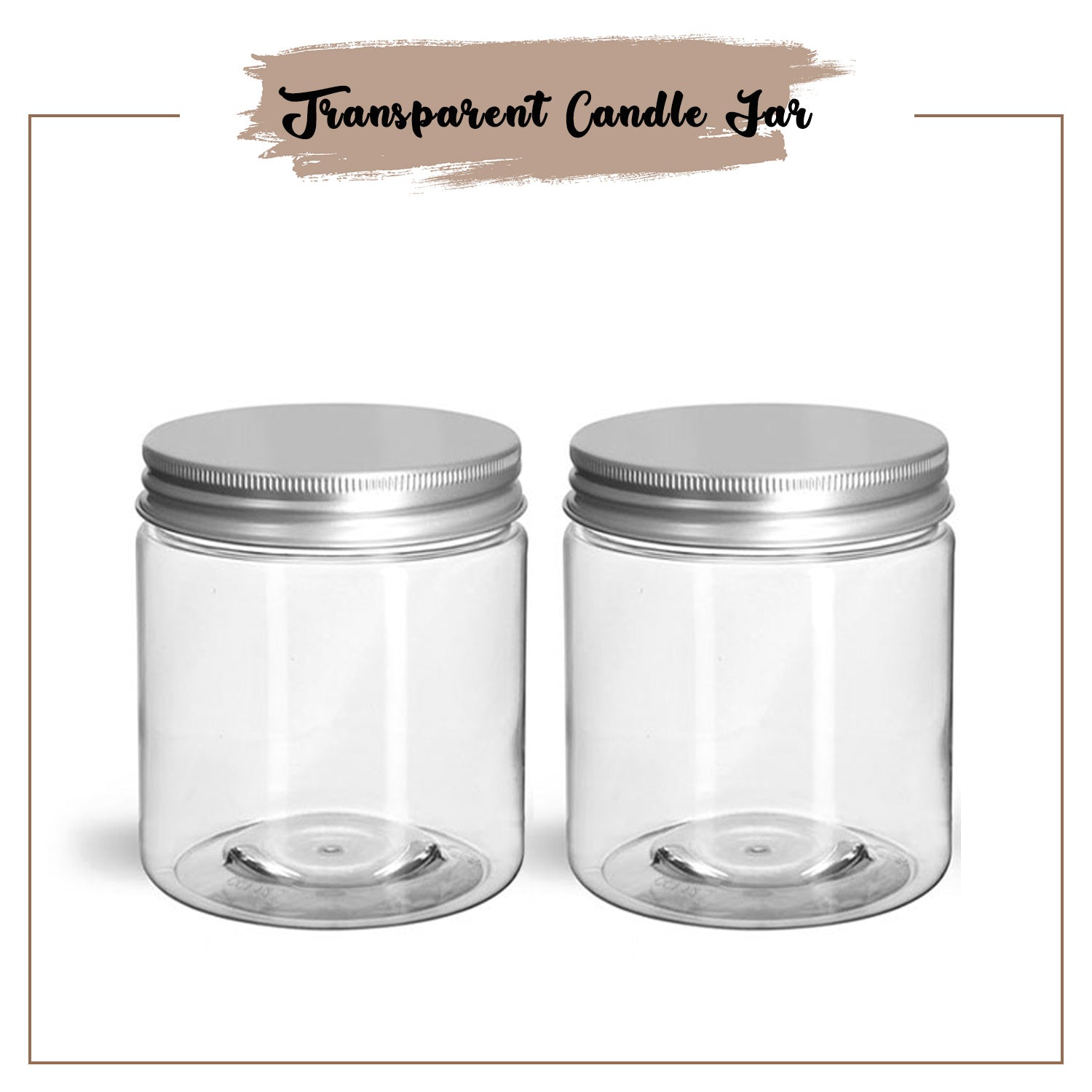

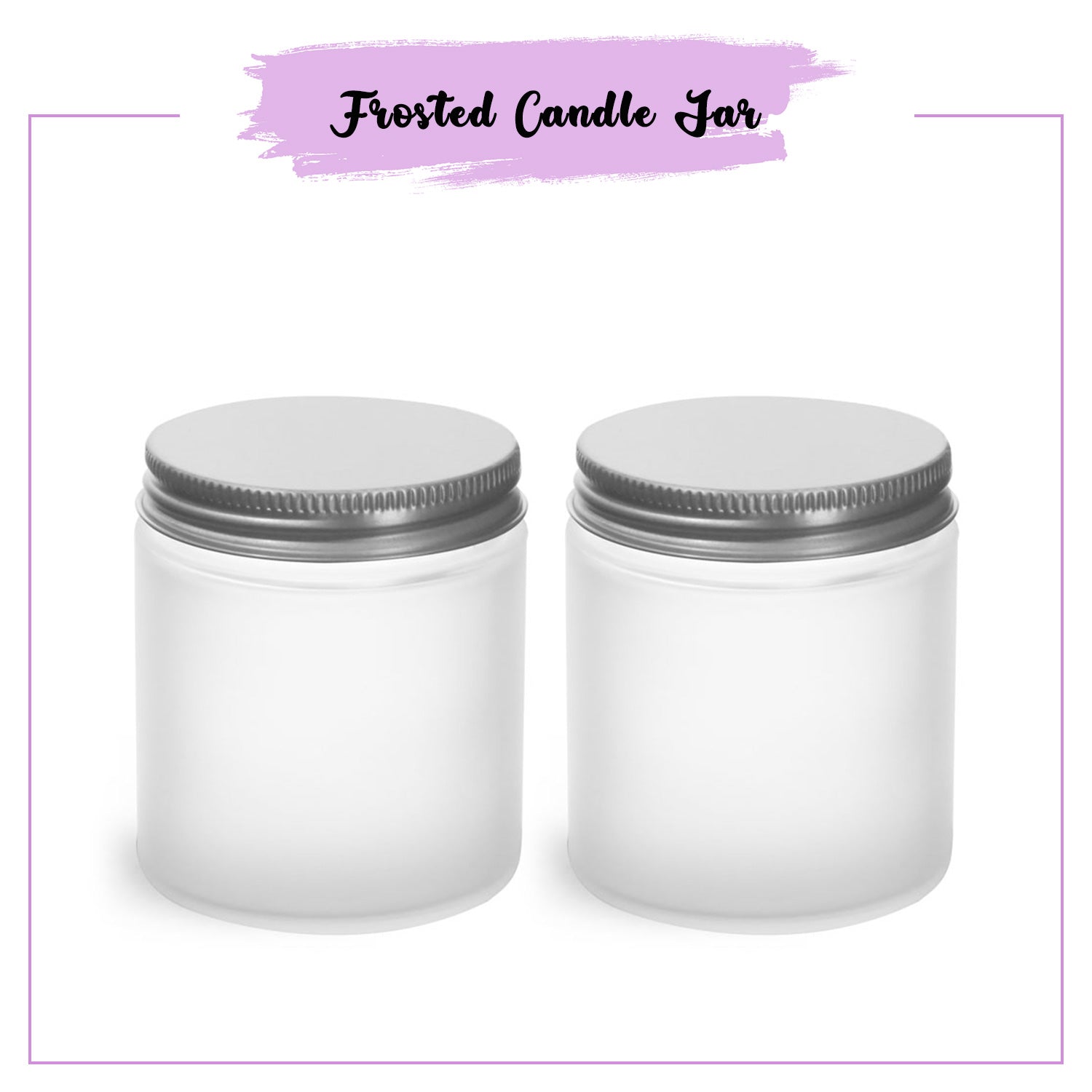

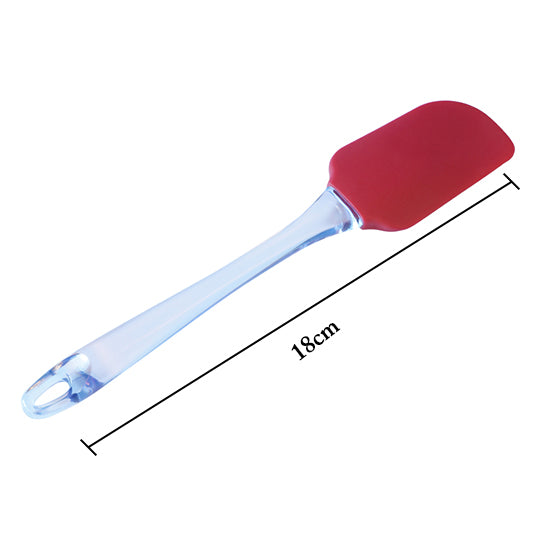

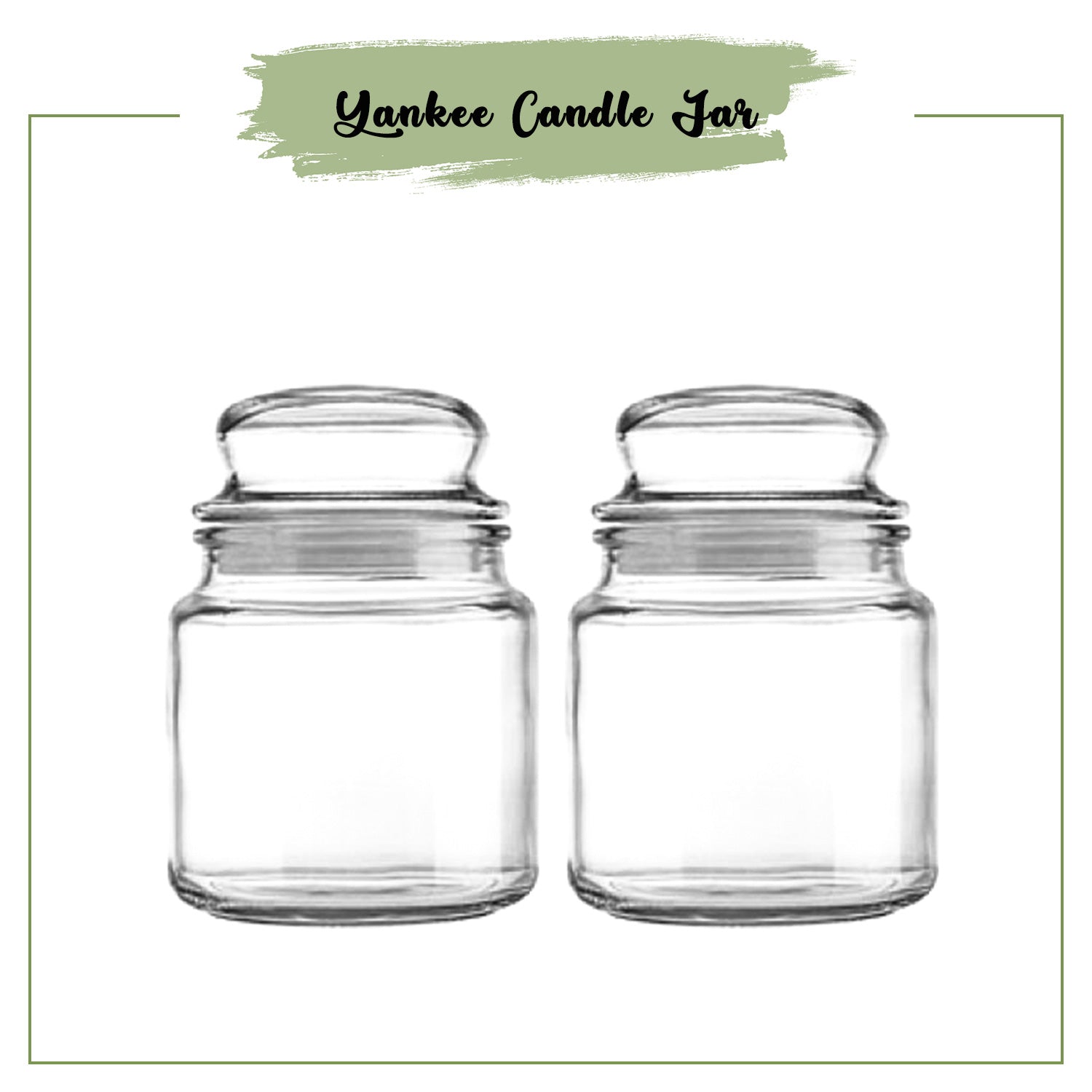

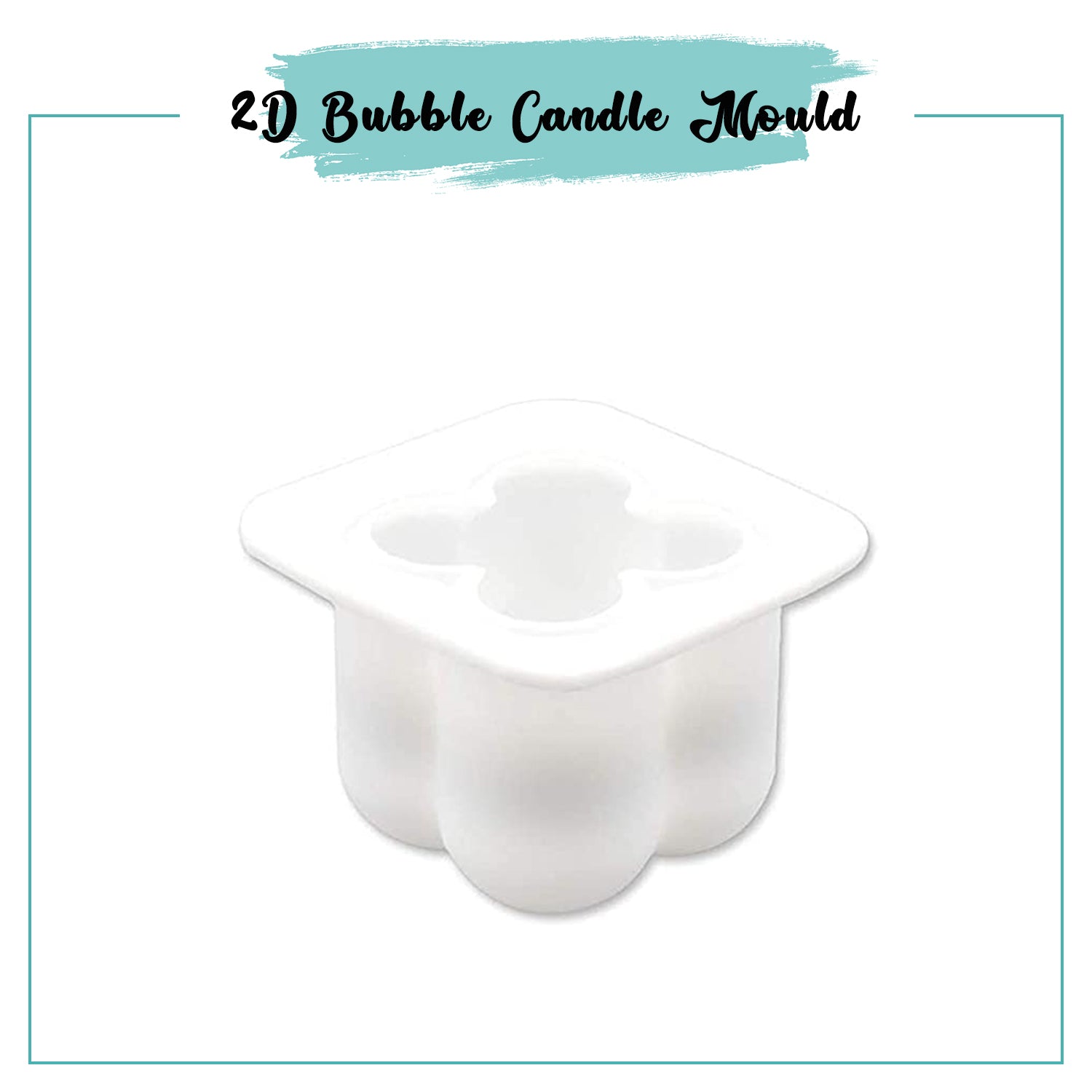


 Sign in
Sign in Register now
Register now My Reward Points
My Reward Points



